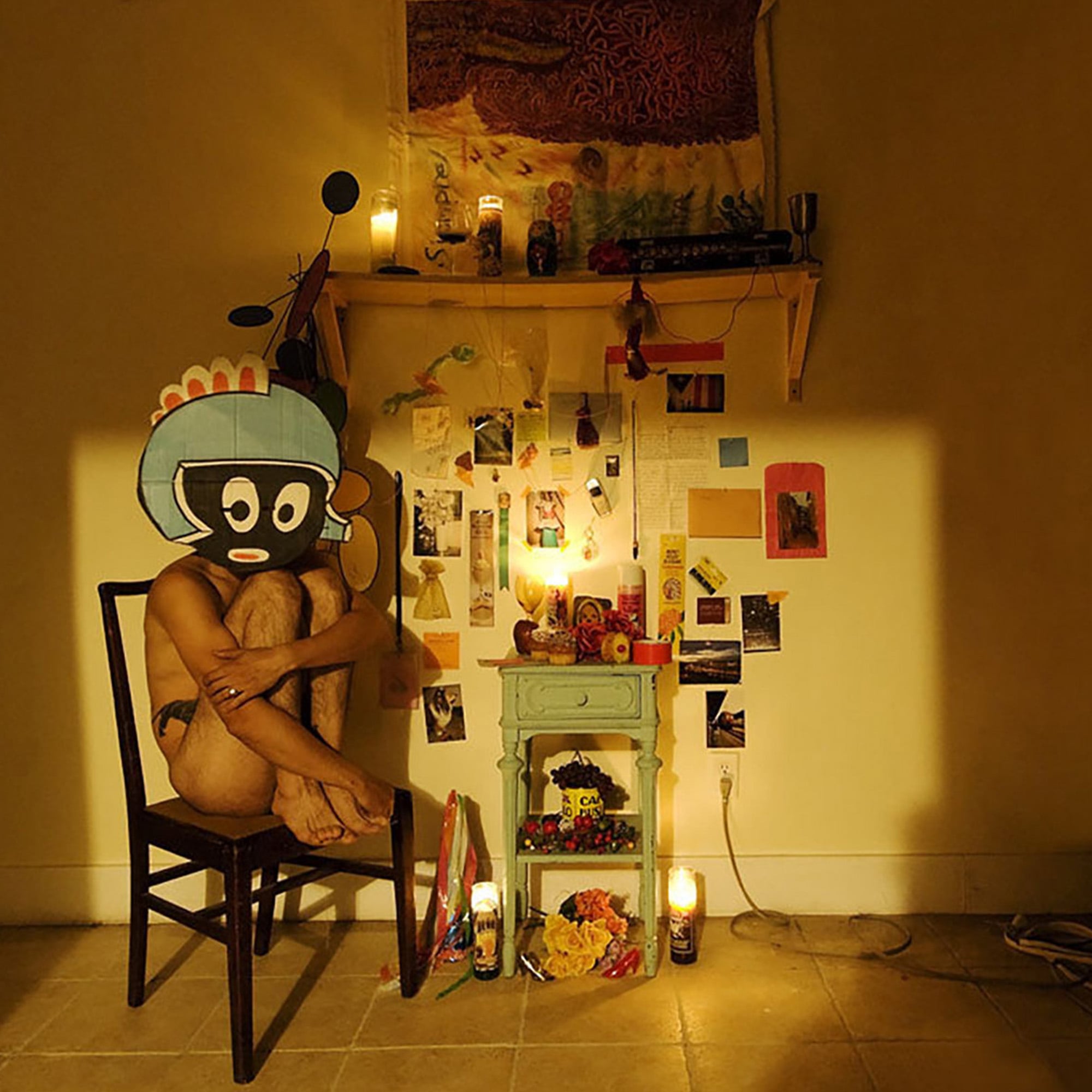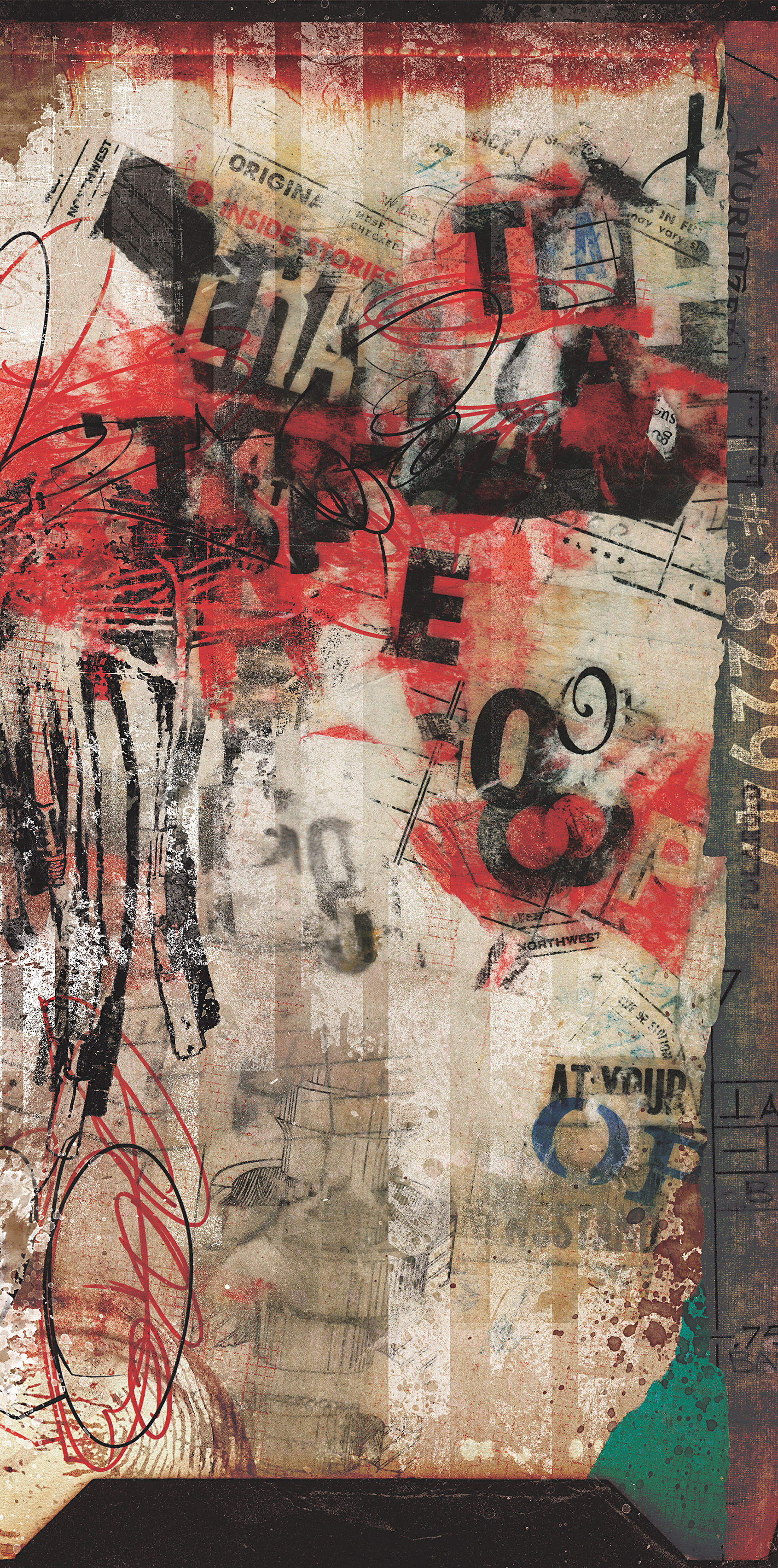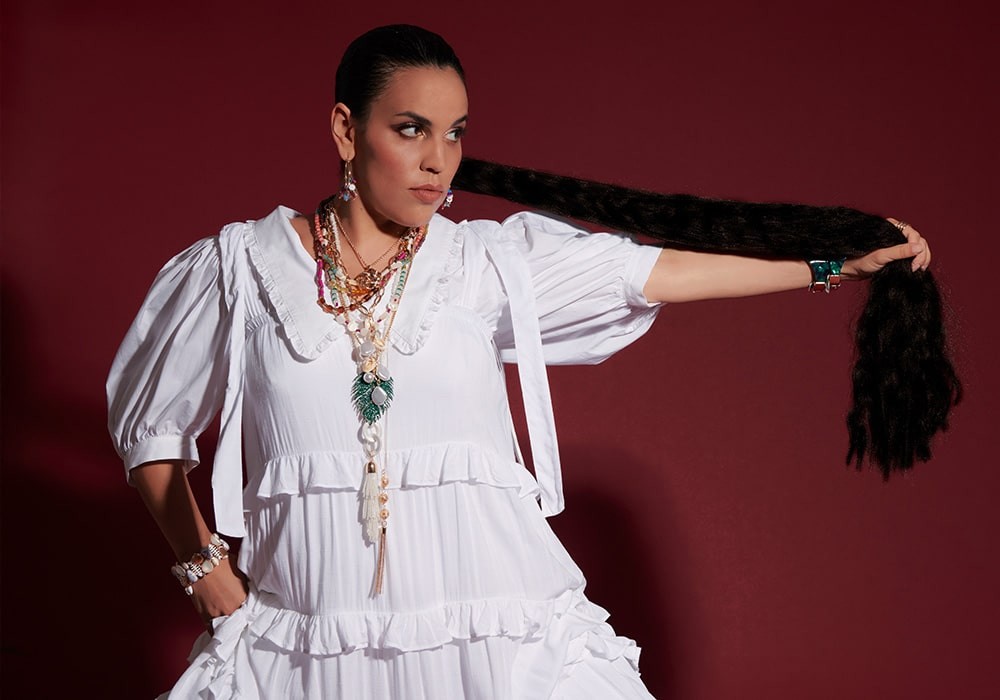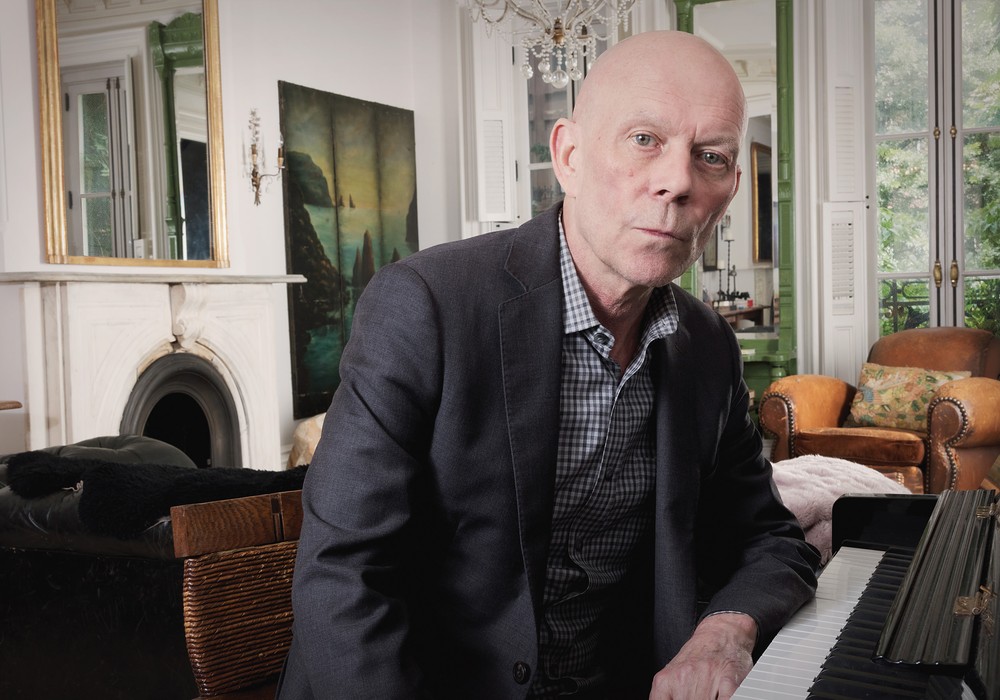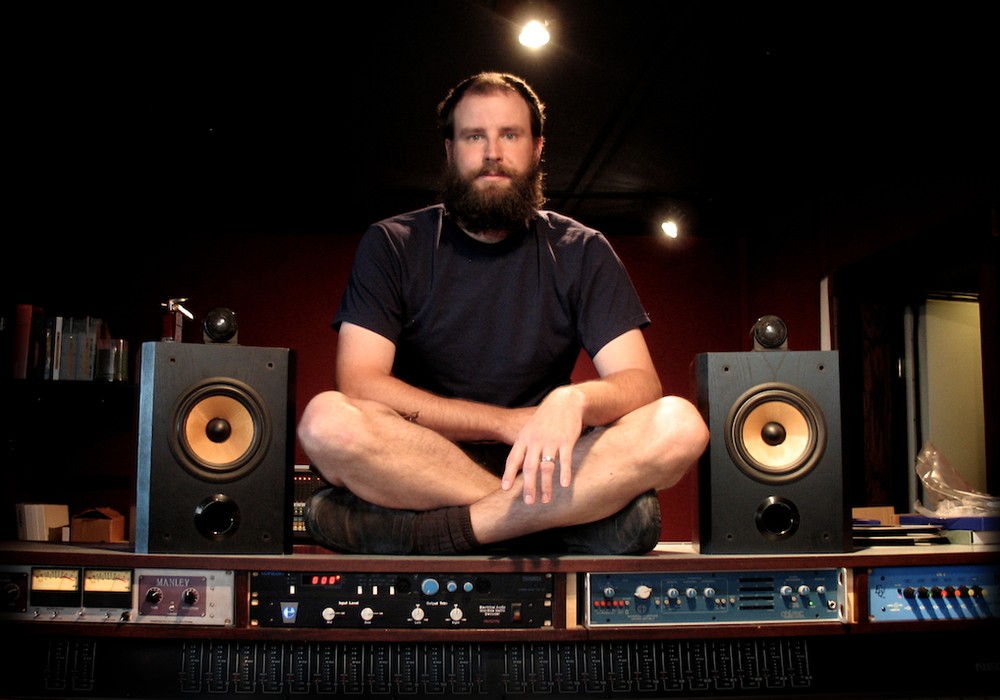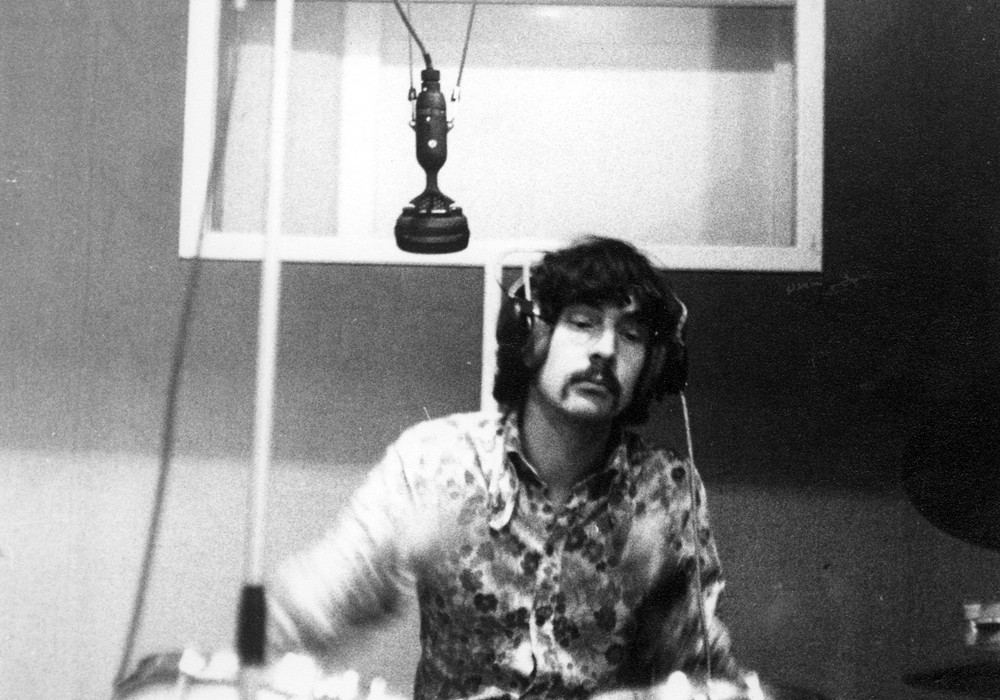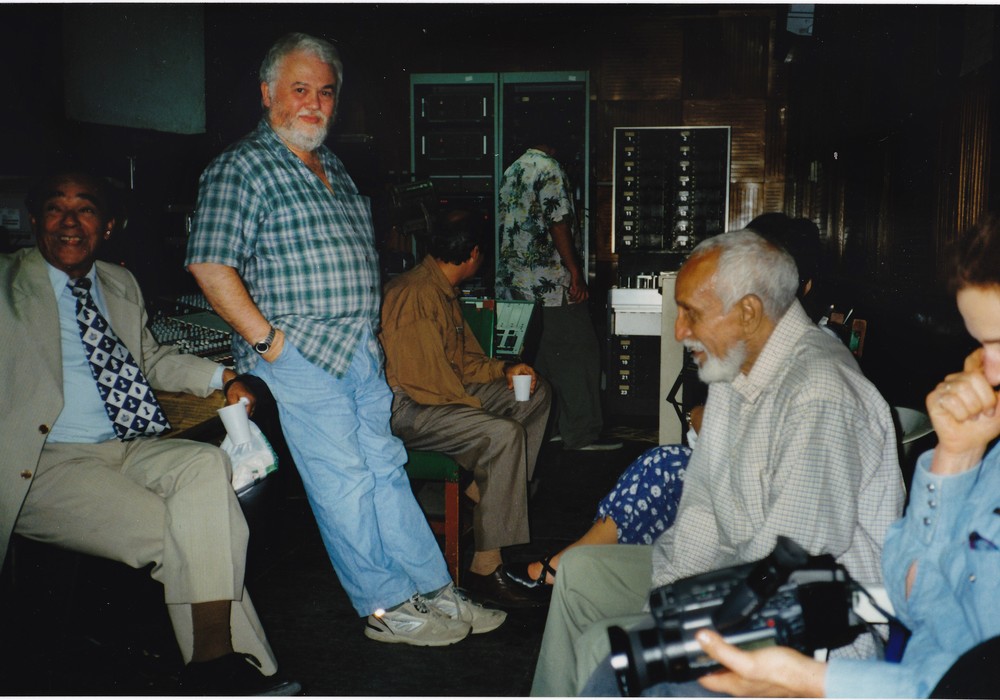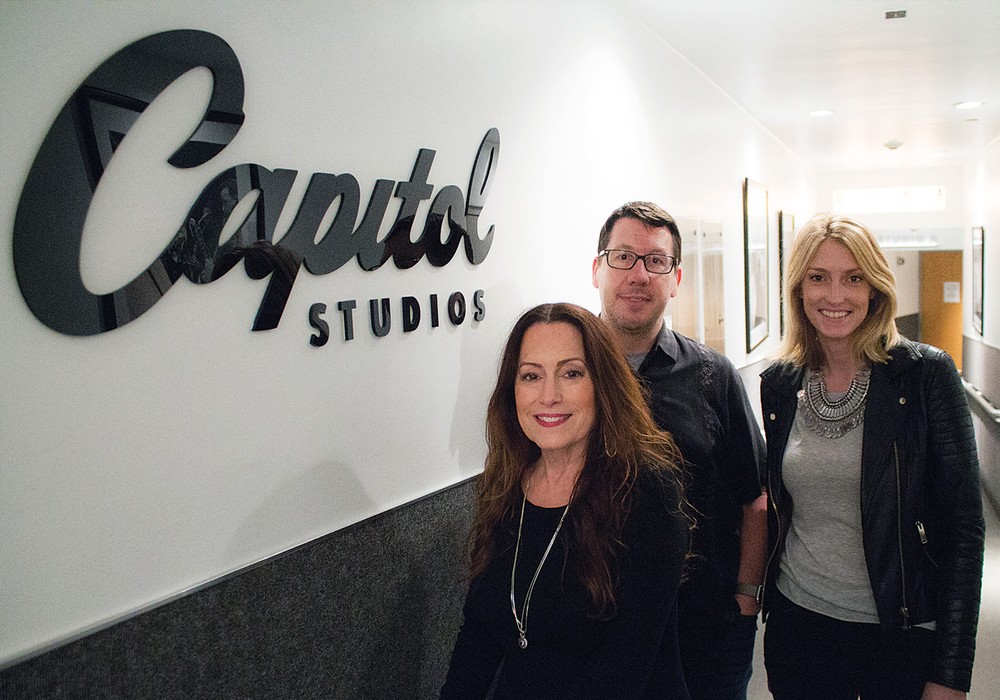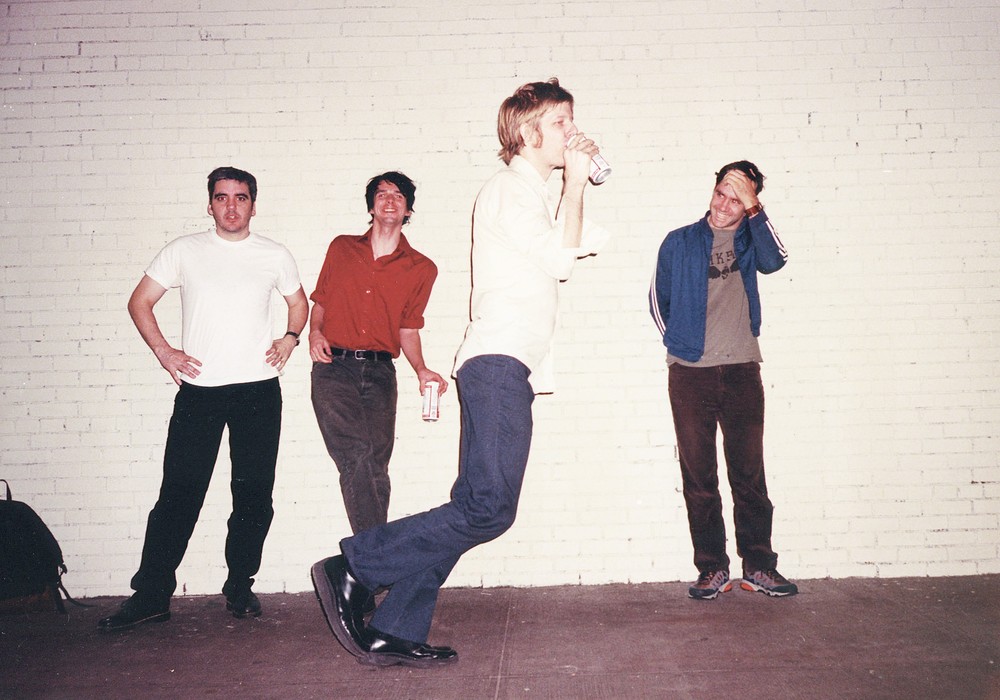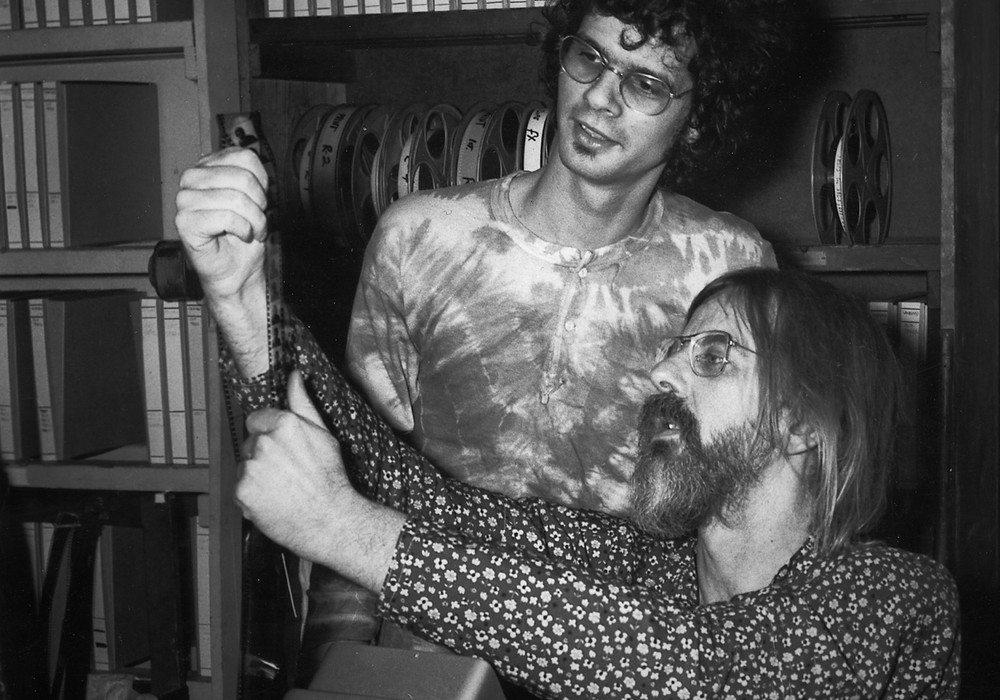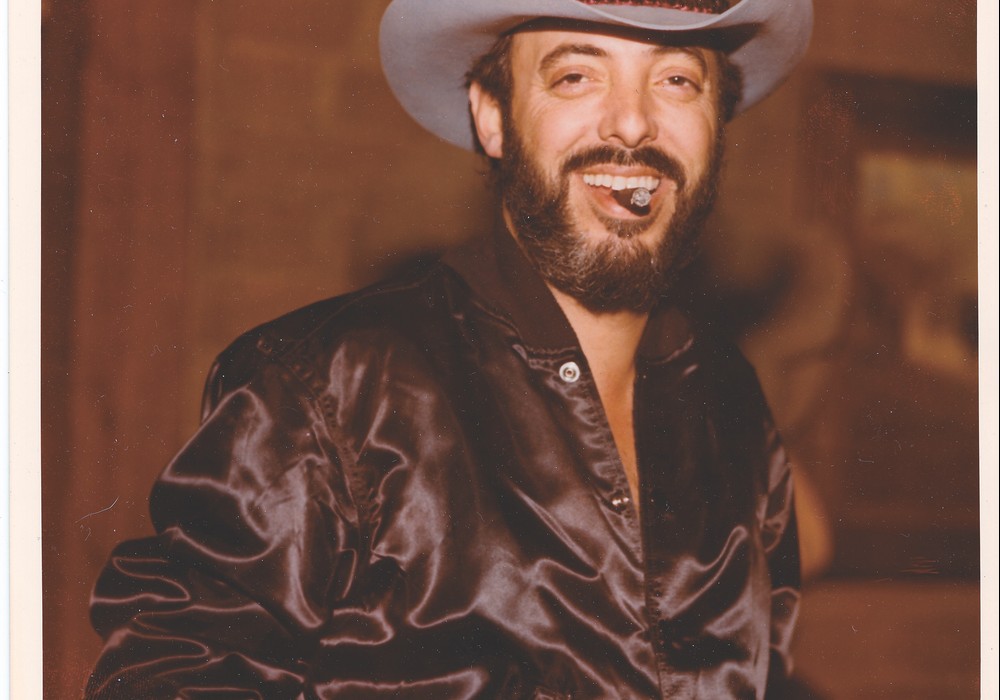Xenia Rubinos could just as easily be on a bill with Flying Lotus and The Boredoms as she could with Erykah Badu and Esperanza Spalding [Tape Op #147].
Her unique genre-mixing of soul, punk, jazz, pop, and Latin music grooves has planted her firmly in a musical space all her own. Following Xenia’s first two albums, 2013’s Magic Trix and the wide success of 2016’s Black Terry Cat, combined with the extensive touring and hustle to promote them, she visited a curandero who diagnosed her with “a loss of spirit.” Though uninspired and unmotivated to make music, she was encouraged by her longtime collaborator and co-producer, Marco Buccelli, to continue working. Rubinos’ new release, Una Rosa, is her own novella. It is a rediscovery of her musical self that explores new sonic territory, leaning heavily on the use of synths and drum machines to frame her stories, reflections, and expressions.
Do you remember when your interest in music and recording was sparked?
I was always listening to music in my house. My dad was from Cuba. My mom is from Puerto Rico. They both liked salsa music and traditional folk music from Puerto Rico. My dad loved to dance, so any excuse that he had to dance salsa, we were dancing salsa. My dad was also a classical music fan. He wanted me to be an opera singer and a classically-trained pianist, which is what he always wanted to do. But I was really into Mariah Carey, and I wanted to be her. I was seven years old and would spend the entire day learning all the lyrics to every song. I didn’t even know what she was talking about, or what most of the words meant, but I would study them. My mom got me a karaoke machine and tapes of Mariah Carey songs. I would sing to these, and then I figured out that I could tape myself. As I got a little older, around 12, I started writing my own songs on this machine. I would take two blank tapes and layer voices, my little keyboard, and beats on it. I found some of these cassettes last week. They’re still somewhat playable. It’s wild. I was making beats. I didn’t even know what I was doing. I didn’t have any formal training. Music was something for myself; my own private space.
Were you bouncing these tapes back and forth, doing sound on sound?
Yeah, that’s exactly what I was doing. By the end, there was a thick layer of noise on top of everything. I had a Casio keyboard that had built-in speakers that came with some pre-programmed beats. I’d play the beats and spit on top of it. Or I’d get a pencil and play the table or the bed frame, and I’d use the karaoke mic to record it.
I’d love to hear some of that!
It’s intense! There are some that are more experimental, where I’m doing what I think is jazz. There’s one that’s me clearly trying to figure out this pop music thing. The lyrics are, “I came down here to bust a move.” It’s ridiculous. It’s so embarrassing.
But you were a kid! It’s supposed to be ridiculous.
I was 12. We might need to issue a re-master. [laughter] Get Heba Kadry [Tape Op #139] on the case and see if she could fix it!
It sounds like your parents were supportive of your musical endeavor.
They were very supportive and patient of the space that I needed to do my thing. My dad was paying for lessons early on, because he thought that I could be a child prodigy. Then he quickly realized that I was not interested. But when it came time to figure out what I was going to do after high school, I just wanted to move to New York. I grew up in Hartford, Connecticut, and I wanted to move to New York, meet other musicians, and learn how to do music. That wasn’t an option. I’m first-generation born in the United States. My father escaped communism. He was a professor in Havana and came to the U.S., worked at a 7-11, and started all over again. My mom was the first person to graduate from university in her family. For me, the “no college” thing was not an option. I was like, “Okay, music school then.” My dad was saying, “You’ll never be able to do anything because you’re too lazy. And also, you’re old.” He was thinking about that young, 6-year-old violinist vibe. That wasn’t me! For both of my parents, it was important to give me the opportunities that they never had. That was their dream, to create this situation that was such a luxury for me to be able to say, “I’m going to study music,” or to choose what I wanted to do. My mom took the approach of, “I’m not going to force you to do something else and then have you grow up and hate me.”
